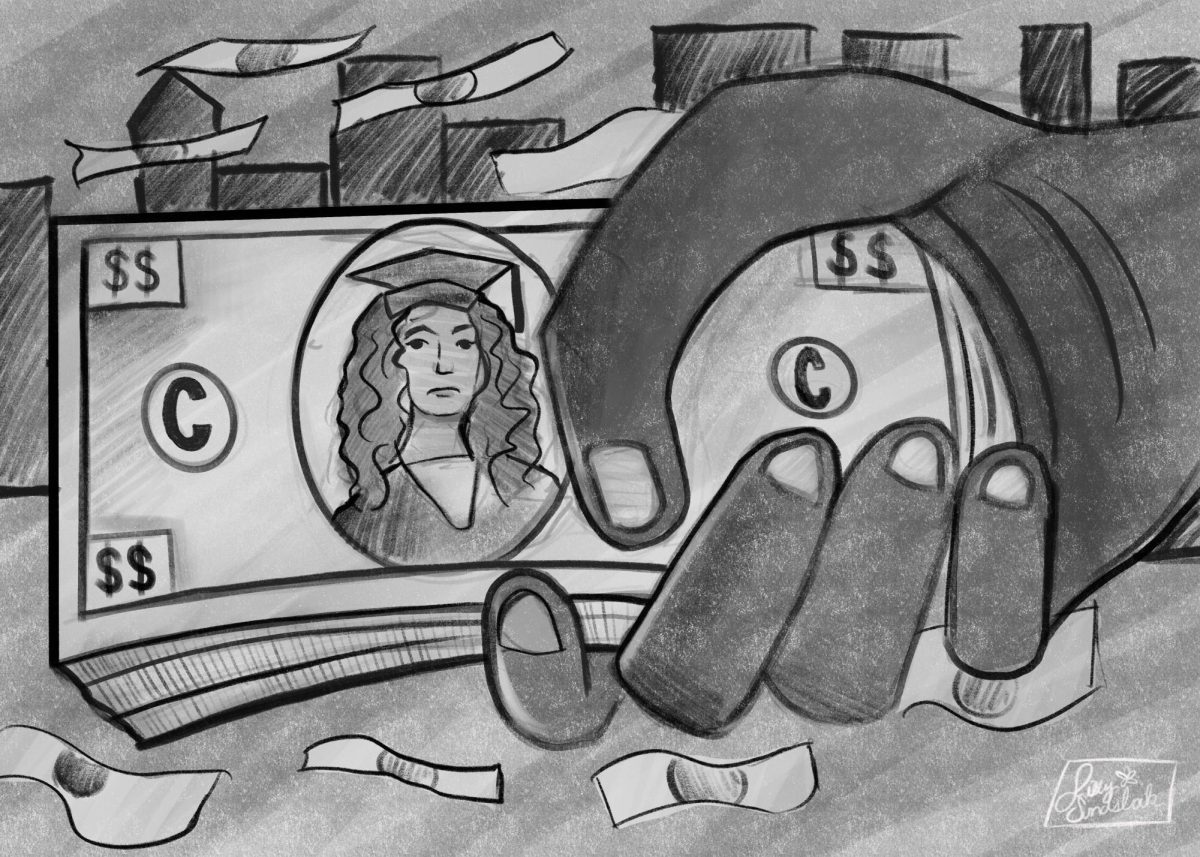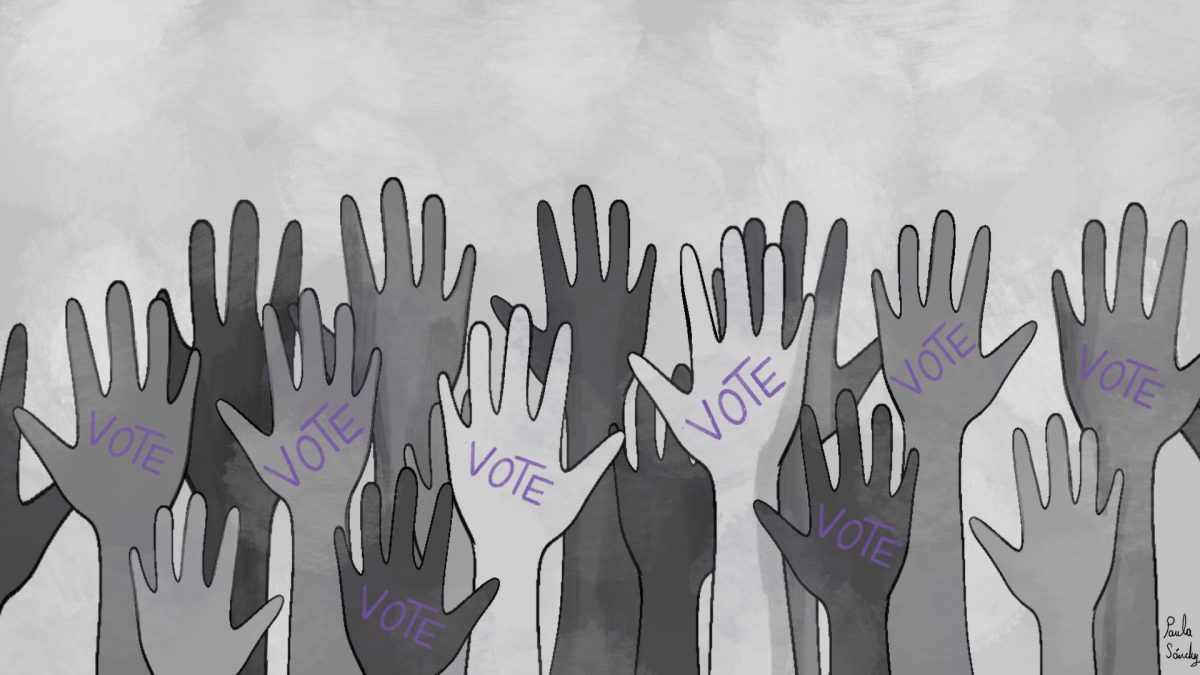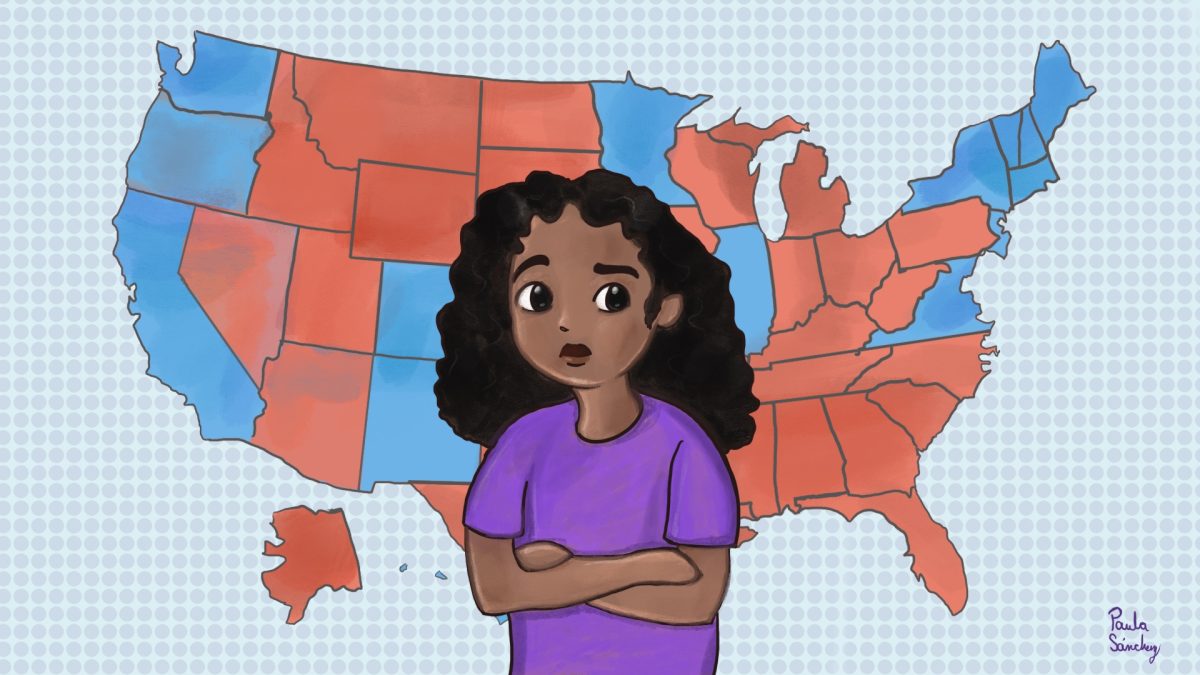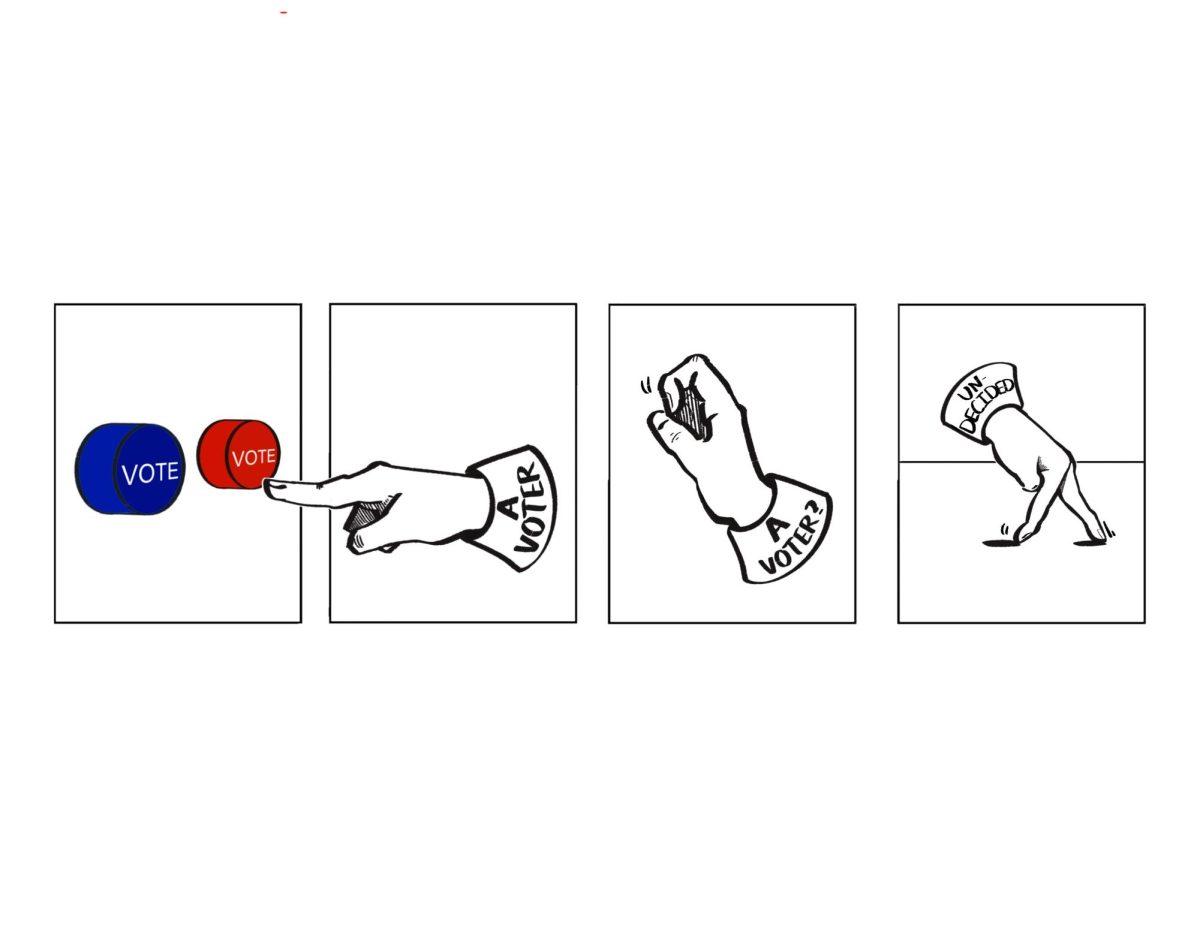As part of its strategy to address the $38 million financial deficit, the college is looking at reducing the number of core credits from 42 to 30, effective in Fall 2024.
The recommendation is part of the President and CEO Kwang-Wu Kim’s draft advisory report, which is now at the Faculty Senate for feedback before it is finalized and sent to the Board of Trustees in early May.
Kim and Board of Trustees Chair John H. Holmes both told the Chronicle in exclusive interviews that the change reflects a desire by students—and their parents—to focus time and tuition dollars on courses in their majors.
Some faculty is pushing back, arguing that there is no evidence that reducing the core will save the college money. They also question the need for full-time layoffs. Kim has said there will be 11 to 13 layoffs of full-time faculty in the Humanities, History and Social Sciences, English and Creative Writing and Science and Mathematics departments after the core curriculum, what Columbia calls general education requirements, is reduced.
However, the change could be good for students if they can focus on classes related to their major, complete a minor and take additional courses in disciplines that interest them. With hundreds of sections being reduced, the college will need to make sure there are enough offerings to do that.
Columbia will need to find a way to incorporate some of that learning into the major classes because, as the Liberal Arts and Sciences faculty rightly point out, students are better employees if they are critical thinkers.
Core classes provide exposure to world views, especially for creatives who can use those courses to know why behind their art through the history of societal relations and literature. The study of the humanities, literature, writing, math and science bridges and connects the areas of the major discipline with real-world tools. These classes develop skills in communication, writing, critical thinking and problem-solving, which are important in any industry.
But it’s hard to ignore what is happening more generally in higher education, with students and their parents questioning the rising costs, student debt and employment potential.
Senior Vice President and Provost Marcella David has tried to reassure faculty that the college is “not moving away from liberal arts.”
It’s a tough position for the college to be in. We also don’t want to see faculty lose their jobs and await clear financial data that shows if this will be necessary if the administration cuts its expenses, as Kim has pledged to do.
But we also can’t deny that a smaller core could be more attractive to students wanting to come to Columbia.
Reducing the core will give students more flexibility to focus on courses that Columbia is known for, which makes it uniquely different from other colleges and universities.
Welcoming these changes will maintain enrollment and investment in college. Students and parents want to be assured that these classes will set them up for the success they are seeking with higher education.
That’s something we all should get behind.

















